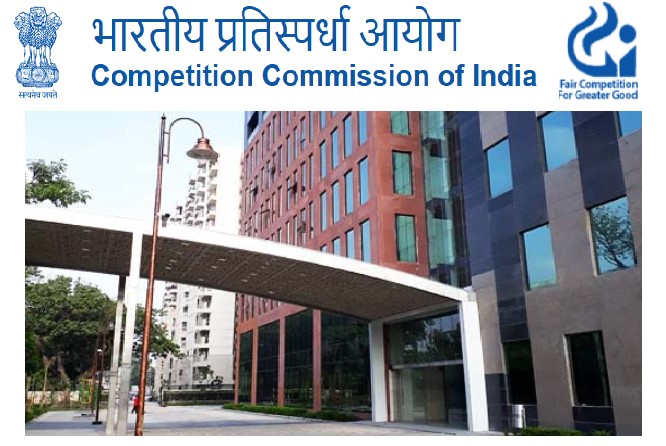
(Photo : www.cci.gov.in)
Meta Faces $25.4M Fine Over WhatsApp's Data Sharing
- Meta, the parent company of WhatsApp, is appealing against an anti-trust order issued by the Competition Commission of India (CCI).
- The CCI's order was in response to WhatsApp's 2021 privacy policy update, which was deemed as an imposition of unfair conditions.
- Meta defended the policy update, stating it did not alter the privacy of personal messages and was about introducing optional business features.
- The outcome of Meta's appeal could set a precedent for future cases, reshaping the landscape of data privacy and digital rights.
In a significant development in the tech industry, Meta, the parent company of WhatsApp, has announced its intention to appeal against an anti-trust order issued by the Competition Commission of India (CCI). The CCI had directed WhatsApp to refrain from sharing user data collected on its platform with other Meta products or companies for advertising purposes for a period of five years. Meta, however, disagreed with the CCI's decision and has plans to appeal.
The CCI's order was a response to WhatsApp's 2021 privacy policy update. The watchdog deemed the policy as an imposition of unfair conditions under the Act. The policy update, presented on a 'take it-or-leave-it' basis, compelled all users to accept expanded data collection terms and sharing of data within the Meta Group without any opt-out option. This decision was seen as an abuse of Meta's dominant position, leading to a hefty fine of Rs 213.14 crore.
In defense of the policy update, a Meta spokesperson stated that the 2021 WhatsApp update did not alter the privacy of people's personal messages and was offered as a choice for users at the time. The spokesperson further clarified that the update was about introducing optional business features on WhatsApp, and provided further transparency about how they collect and use data.
Meta's Stance and CCI's Investigation
The company also assured that no one would have their accounts deleted or lose functionality of the WhatsApp service because of this update. The CCI's probe into WhatsApp's revised privacy policy began in March 2021. The policy enabled mandatory data sharing with Facebook (now Meta) and its companies, along with an expanded scope of data collection.
Prior to this update, users had the option to decide whether to share their data with the company. WhatsApp, which boasts more than 500 million monthly active users in India, has found itself at the center of this controversy.
This is not the first time a tech giant has faced scrutiny over data privacy issues. In the past, companies like Google have faced backlash for their data collection practices. Despite efforts like the General Data Protection Regulation to make policies more accessible, there seems to be an intractable tradeoff between a policy's readability and length. As data collection practices become more sophisticated (and invasive), it's unlikely that privacy policies will become any easier to comprehend.
The Future of Anonymity and Jobs in the Digital Age
The current situation also brings to light the challenges of maintaining free speech and anonymity online. The balance between protecting anonymity and enforcing consequences for abusive behavior has been a major challenge. The removal of user anonymity could lead to a more inclusive online environment, but it could also set the stage for governments and dominant institutions to employ surveillance tools to monitor citizens, suppress free speech, and shape social debate.
The future of jobs is another area of concern in the digital age. Automation, robotics, algorithms, and artificial intelligence have shown they can do equal or sometimes even better work than humans in various fields. This has led to growing anxiety that technology developments on the near horizon will crush the jobs of millions. Multiple studies have documented that massive numbers of jobs are at risk as programmed devices - many of them smart, autonomous systems - continue their march into workplaces.









